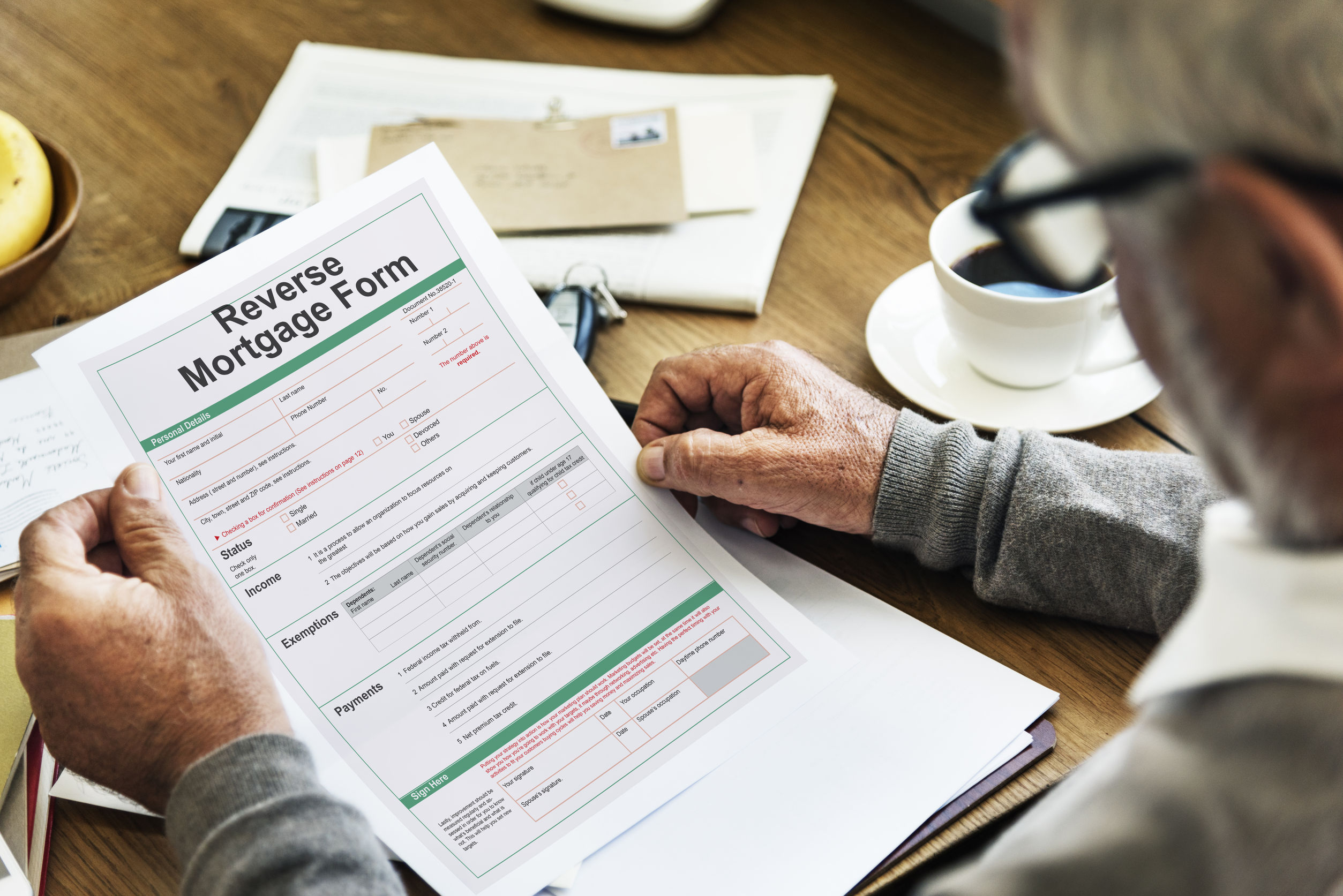What You Should Know Before Refinancing your Mortgage

Getting a mortgage loan is a big commitment, and paying it off each month can be difficult in any economic climate. If you’re burdened with financial woes, then it’s a good idea to refinance your home to secure a better interest term and rate.
Millions of people refinance their mortgages to the tune of hundreds—or even thousands—of dollars each year. But before you rush to refinance your mortgage and save tons of cash, read on to discover why it can be the best decision for your house.
Lower Monthly Payments
One of the main advantages of refinancing is reducing your interest rate. Many people refinance their mortgage after reaching a point in their careers where they make more money and increase their credit score.
An increased credit enables you to procure loans at lower rates, affecting monthly payments, and potentially savings you thousands of dollars a year.
Refinancing Mortgages with the FHA
Credit plays an integral role in securing mortgage loans and determining interest rates. Borrowers who have less than stellar credit scores may find refinancing to an FHA loan enticing. No matter how much equity you already have, the FHA does not require an upfront mortgage insurance premium.
Borrowers who have a current mortgage with the FHA can potentially save by refinancing their loan into a conventional home loan through a private institution. Applications with decent credit are likely to find that the conventional loan is the cheaper choice.
Refinancing Mortgages with the VA
Available to current military service members and veterans, the Department of Veterans Affairs provide a simple way for homeowners to take advantage of lower rates and decrease their monthly payments.
Eligible borrowers can also get cash back and use the proceeds for a variety of needs, such as paying off a debt, or making home improvements.
Changed from Fixed-Rate to Adjustable Rate
The economic climate influences interest rates and what homeowners pay monthly. When interest rates are low, it is far more desirable to secure an adjustable rate mortgage. When interest rates are high, it is more ideal to get a fixed-rate. Changing your interest rate can also lower a homeowner’s monthly fees.






